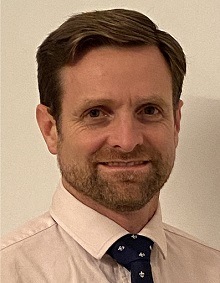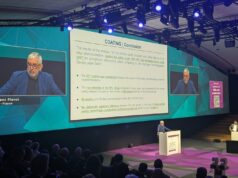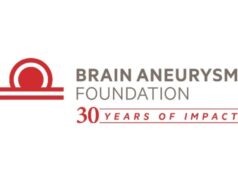
A major, UK-wide study—led by researchers from the School of Biomedical Engineering and Imaging Sciences at King’s College London (London, UK)—has been initiated to improve the treatment of brain aneurysms using advanced endovascular devices.
The SEATED study aims to gather real-world safety and efficacy data on aneurysms treated using endovascular devices from around 5,000 patients over the next decade, doing so in collaboration with 27 leading interventional neuroradiology centres across the UK.
A King’s College London press release notes that, while minimally invasive techniques like coiling and flow diversion have “transformed” intracranial aneurysm treatment, evidence on newer endovascular devices remains limited. The release also highlights the fact that conducting large-scale randomised controlled trials (RCTs) has become increasingly challenging, making SEATED and other pragmatic, national studies “critical” to advancing clinical practice.
“For the first time, we have created a nationwide network across all neuroendovascular centres to collect real-world data on advanced aneurysm treatments, providing a powerful resource to drive improvements in patient care and outcomes,” said Thomas Booth (King’s College London, London, UK), co-lead of the SEATED study. “By systematically analysing factors like aneurysm recurrence and the optimal imaging modalities for device follow-up, we aim to set new standards in neuroendovascular practice and help shape the future of aneurysm care.”
The SEATED investigators will collect detailed information on treatment protocols, patient outcomes, imaging follow-ups, and complications.
According to King’s College London’s recent release, early results from their research reveal “significant variation” between centres—even when using the same devices. By analysing this variability, the study aims to identify best practices and improve standardisation across the UK National Health Service (NHS).
“The silent, often fatal nature of brain aneurysms compels an immediate and comprehensive collaboration—a unified strategy to combat this critical health challenge,” commented Ahmed Bassiouny (King’s College London, London, UK). “This national network linking all neurovascular centres represents a pivotal advancement. By pooling real-world experiences and outcomes from across the country, we will gain unprecedented insights into optimal treatments and long-term management. Our commitment is to translate these findings into tangible improvements in patient care and establish new benchmarks for neurovascular practice nationwide.”
Additional key aspects set to be explored by SEATED include risk factors for aneurysm recurrence, and “much-needed” evidence on less commonly used or off-label devices.
The initiative is expected to strengthen clinical decision-making and enhance patient safety across the UK, the release adds. The rationale for the SEATED study as well as its initial findings have been published in the British Journal of Radiology.









